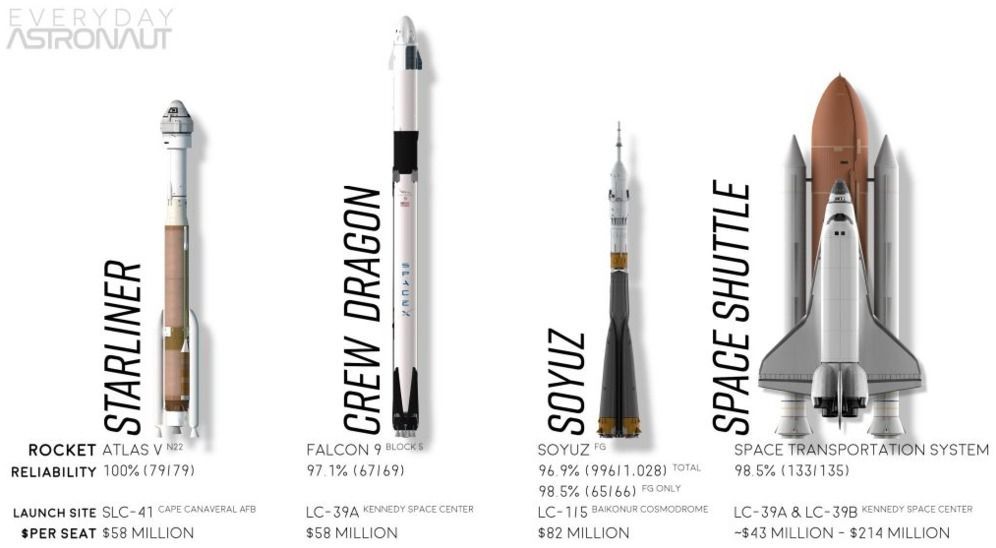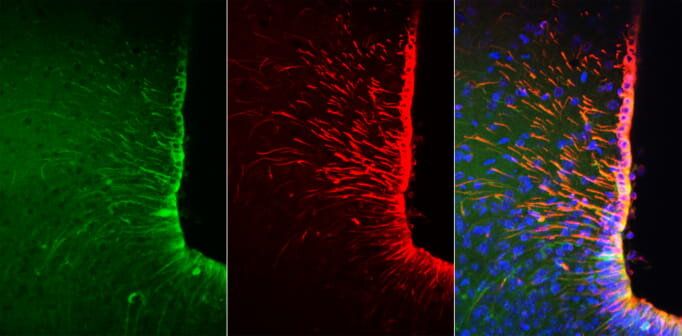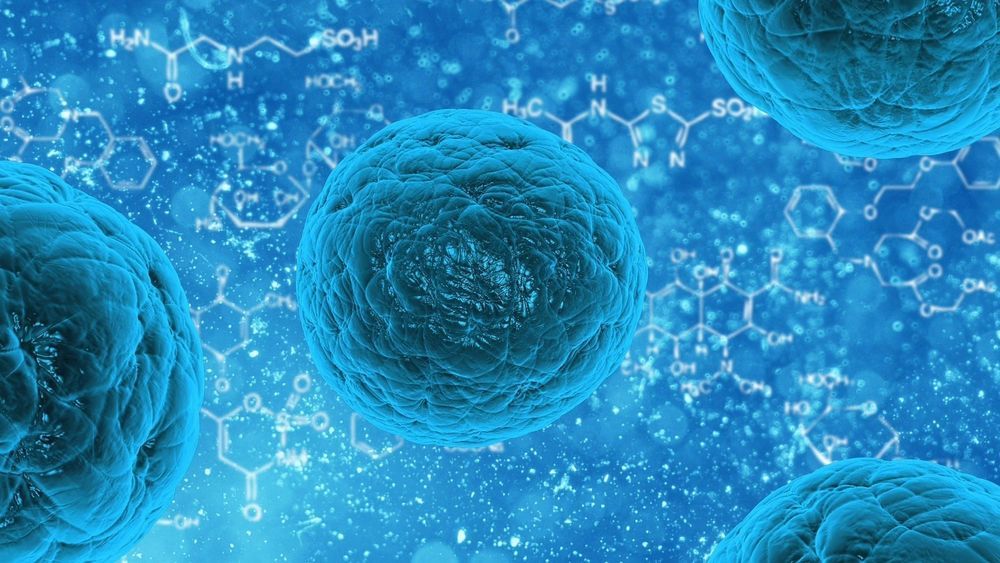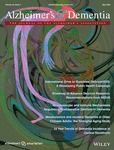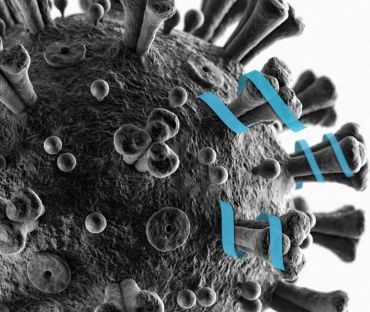While watching the launch of SpaceX Crew Dragon, I noticed that, once the astronauts came out of the elevator in the fixed service structure, they had to ‘climb up’ one level using the stairs, before entering the white room through the crew access arm. I’m curious to know why doesn’t the elevator take them directly to the crew access arm level?
Earlier, I thought the reason might be due to the height difference between the side hatches on the Space Shuttle and Crew Dragon. But after seeing the following image it became evident that the difference is more than one level:
